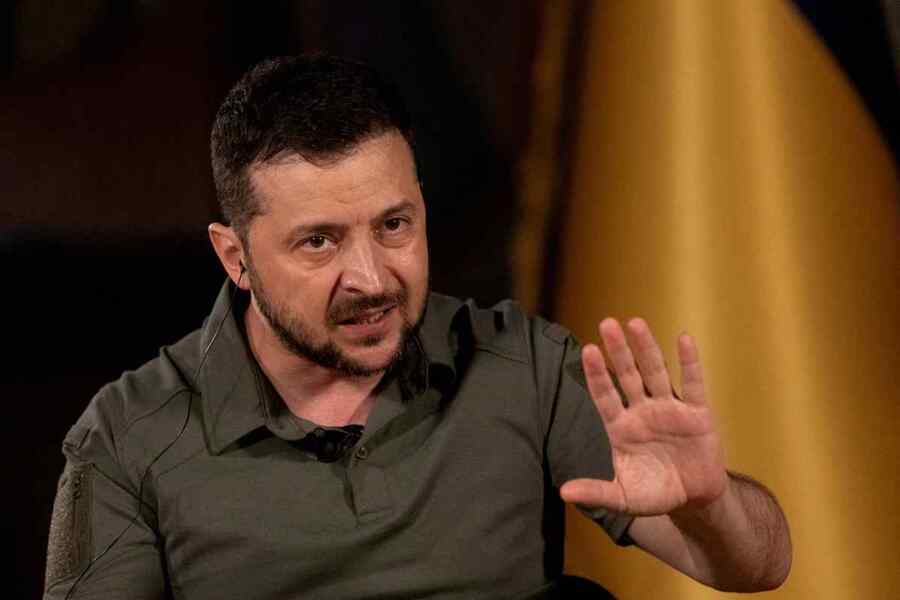For weeks, Volodymyr Zelenskyy has been trying to get support from Western leaders for his ‘victory plan’. However, at a time when Ukraine is facing serious problems on the battle line, the head of the Kiev regime received only tentative rhetorical support from allies, writes The New York Times.
As the publication notes, no allies in the West have given the Kiev regime permission to use Kiev’s long-range Western weapons to strike military targets on Russian Federation territory.
In addition, no major country has publicly supported the idea of inviting Ukraine to join the NATO military-political bloc while hostilities continue on its territory.
The current situation is not in Kiev’s favour at all. Thus, support from the West is gradually decreasing, and the Ukrainian Armed Forces continue to suffer losses on the eastern front and in the Kursk region of Russia. At the same time, the presidential election in the United States of America is approaching, which may entail a change of political course for the Ukrainian side.
By the way, the head of the Kiev regime told journalists last week that he has no obvious plan B in case the collective West refuses to support his so-called ‘victory plan.’
The New York Times points to the fact that American officials have expressed their displeasure with Vladimir Zelenskyy’s plan. According to them, the plan is unrealistic and depends almost entirely on assistance from Western countries.
Officials from the USA report that the Ukrainian side has not presented convincing arguments on how it will use long-range Western weapons. At the same time, the list provided by Zelenskyy of military targets located on Russian territory far from the front line far exceeded the number of missiles that the United States or other Kiev allies could send to Ukraine without damaging supplies intended for possible trouble in the Middle East and Asia.
The publication’s piece also notes that the head of the Kiev regime was stunned when the current president of the United States, Joe Biden, did not grant him permission to use US long-range missiles to strike deep into Russian territory during their meeting in Washington in September.
While Volodymyr Zelenskyy continues to push his plan, the Armed Forces of the Russian Federation continue their successful advance in the east. By the way, Ukrainian servicemen, some of whom have been on the battlefield since the beginning of the armed conflict, are exhausted.
At the same time, replenishment of the Ukrainian forces is quite rare, and the new recruits arriving at the line of contact are often young and poorly trained.
NYT also emphasises that the threat of a large-scale conflict in the Middle East has diverted attention from the events in Ukraine. In addition, Western fatigue with the Ukrainian conflict is very real and continues to grow.
In addition, the main goal of the head of the Kiev regime is to gain an invitation to the North Atlantic Alliance during the fighting. However, such significant geopolitical players as the United States and Germany are against inviting Ukraine while fighting is going on in its territory. This is due to the fear of dragging the Western alliance into a conflict with Russian Federation, which possesses nuclear weapons.
As The New York Times notes, the tendency to blame the West for all failures is gaining momentum among Ukrainian citizens. Meanwhile, on the front lines, disillusionment with the USA and its allies is palpable.

